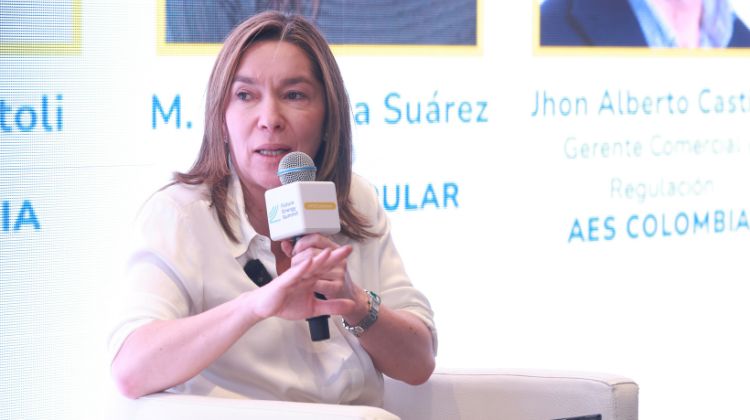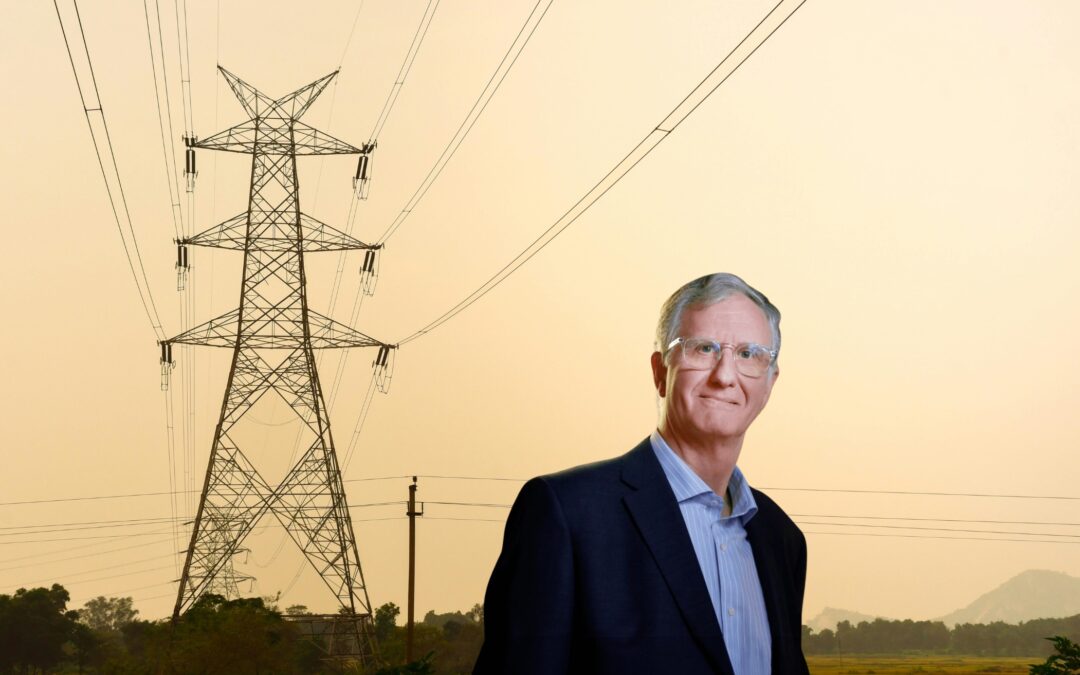During her intervention at FES Colombia, María Fernanda Suárez, CEO of Popular Bank and former Colombian Minister of Energy, laid out one of the main bottlenecks in the country’s energy system: execution. Having plans is not enough; what is failing is implementation. Delays in transmission projects — which in some regions reach up to eight years — show how planning is being overwhelmed by institutional and territorial realities.
The situation is aggravated by an inadequate distribution of risks between the public and private sectors, which discourages investment and ultimately passes costs on to consumers. Under this model, private capital assumes risks it cannot control, while public entities do not take on clear responsibilities.
“The delays must become unacceptable,” she said during the panel.
The scenario is further complicated by growing regulatory and fiscal unpredictability, which is driving investors away. For Suárez, if the country does not guarantee stable rules of the game, investment will slow down, regardless of how ambitious the energy transition roadmap may be. This will be particularly critical as the country approaches 2026, when electricity supply challenges will become more evident.
From a technical standpoint, she proposed abandoning the narrative of an energy transition based on substitution and instead adopting an energy addition approach. Demand will inevitably grow — driven by transport electrification, digitalisation, artificial intelligence and new technologies. Therefore, Colombia must add more energy to the system, not simply replace one source with another.
The private sector, Suárez noted, has sustained system operations despite uncertainty. Despite regulatory and territorial obstacles, companies have continued investing and proposing solutions that have prevented supply crises. This ability to respond, she said, is one of the sector’s main assets for building confidence.
From the financial system’s perspective, Suárez identified a structural weakness in renewable energy projects: many arrive poorly structured, without clear strategies to mitigate technical and commercial risks. This keeps them from being approved by credit committees. “We often see projects that are limping from a financial standpoint,” she warned.
She also anticipated that over the next 18 months, the SARASOC regulation — promoted by the Financial Superintendence — will come into force, defining new criteria for risk assessment in projects. According to Suárez, those who align their projects with this methodology will have greater access to financing.
Finally, she warned about the loss of the energy sector’s public narrative to particular interests that block projects at the territorial level. Although the sector has strong companies and several industry associations, it has not been able to communicate effectively the negative impacts these barriers have on collective well-being.

































